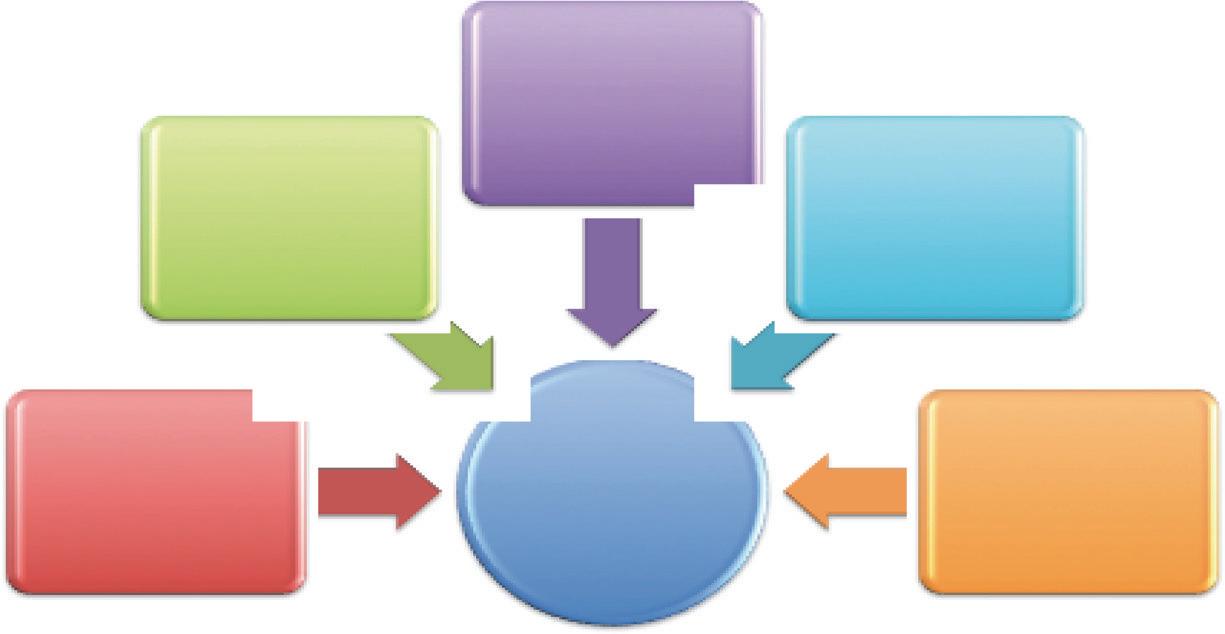
2 minute read
Table 2.3 Bribe Payers Index (BPI) 2008
Table 2.3 Bribe Payers Index (BPI) 2008
Country rank Country/Territory BPI score
Advertisement
1 Belgium 8.8 1 Canada 8.8 3 Netherlands 8.7 3 Switzerland 8.7 5 Germany 8.6 5 Japan 8.6 5 United Kingdom 8.6 8 Australia 8.5 9 France 8.1 9 Singapore 8.1 9 United States 8.1 12 Spain 7.9 13 Hong Kong 7.6 14 South Africa 7.5 14 South Korea 7.5 14 Taiwan 7.5 17 Brazil 7.4 17 Italy 7.4 19 India 6.8 20 Mexico 6.6 21 China 6.5 22 Russia 5.9
Source: Transparency International, 2010.
Furthermore, the 2008 BPI indicates that companies in public works and construction, real estate and property development, oil and gas, and heavy manufacturing and mining were most likely to bribe officials to get a deal done.
While examining the CPI to rank a country, it was noted earlier that the scarcity and shortages of goods and services would generally provide the impetus to ‘petty’ corruption on the part of public officials. In international trade, on the other hand, the suppliers of a product or a service get involved in ‘grand’ corruption as a means of overcoming stiff competition from many players from many countries. Until recently it was possible
that a country would try to avoid competition in overseas markets among its own nationals by giving monopoly power of international trade to one agency, such as the Australian Wheat Board (AWB). Such exclusive monopoly rights to trade in specific products and services were also intended to improve the ability of a country to more effectively face competition from other foreign suppliers.
World Bank Corruption Index
The World Bank corruption index is known as the Control of Corruption Index (CCI). Since the 1990s, the World Bank has been taking an active interest in measuring corruption in the context of ‘good governance’ as a precondition for country-aid and project-aid. The World Bank views good governance and control of corruption as the main strategy for alleviation of poverty. The World Bank seeks to minimize corruption on World Bank funded projects; and it also offers all technical assistance to countries in improving governance and controlling corruption.
The World Bank has recently taken the stance that corruption, particularly widespread corruption among public officials, cannot do any good to a country in the longer-term; and that it is the duty of any civilized government to provide corruption-free ‘good governance’ to its subjects.
According to a recent study by the World Bank (2009), known as the Worldwide Governance Indicators Project, the world’s most corrupt nations are listed as: Venezuela, Guinea, Equatorial Guinea, Cote d’Ivoire, Chad, Sudan, Congo, Angola, Democratic Republic of Congo, Zimbabwe, Somalia, Iraq, Turkmenistan, Uzbekistan, Afghanistan, Myanmar, Cambodia, Democratic People’s Republic of Korea and Papua New Guinea.
Some interesting conclusions emerging from the World Bank Governance Indicators (WGI) research project, covering 212 countries and territories are given below:
(1) Some countries, which have gained notoriety for political and human rights abuses, such as Rwanda, Indonesia and Tajikistan, have achieved considerable success in controlling corruption. (2) Some of the most developed nations have become noticeably more corrupt. This challenges the view that the world’s richest countries have managed to achiever a high level of integrity among public officials.



